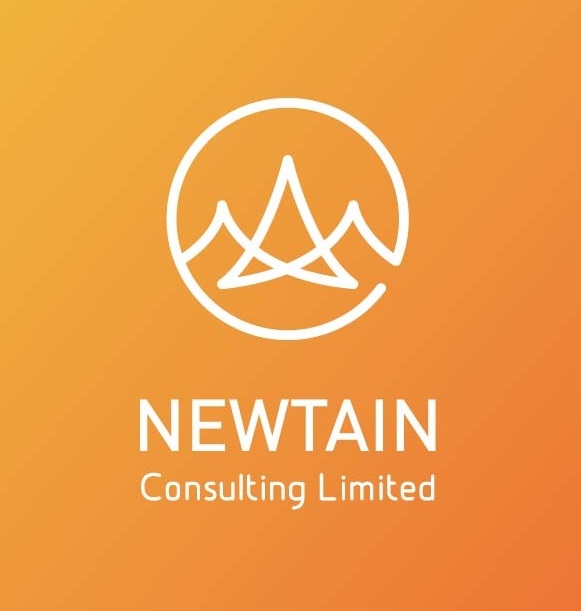A Taiwanese company testing an earthquake early warning system say it gave 66.42 seconds warning of New Zealand's latest earthquake scare – the one which triggered tsunami warnings on March 5.
Dr Jasmin Hsu, spokesperson for Newtain Consulting, an agent for Taiwan's P-Waver company which developed the Noteworthy system, says testing has been carried out since 2019 in Christchurch and Wellington.
The March 5 earthquake had an epicentre "far away from our station", says Hsu, but managed to pick up P-waves – faster but weaker shock waves which can be detected by earthquake warning sensors – and gave 66.42 seconds warning.
Typically, earthquake early warning systems give only a few seconds warning of a major quake – but that, says Hsu, can be a life-saving warning if people know they have a brief period to "drop, cover and hold".
Taiwan is a noted earthquake risk area with its disastrous 1999 quake killing over 2400 people, injuring 11,000 and causing $15 billion of damage. P-Waver subsequently emerged as a spin-off company from Taiwan's National Centre for Research on Earthquake Engineering (NCREE).
Hsu says the company is extending its services to overseas countries and, in 2019, two demonstration seismic stations were built in Christchurch and Wellington and long-term field tests begun to gather predictive data on quakes.
"We've accumulated numerous seismic records and successful issue of warning signals before earthquakes over the past 20 months – with one prominent event being the 5.8 magnitude earthquake 30 km north-west of Levin in May last year. Our system gave 11.6s warning of a big shake coming – and, when life is at stake, every second counts," she says.
New Zealand does not possess an earthquake early warning system, though there is strong interest from residents, businesses and agencies for one – according to research conducted last year for the Earthquake Commission (EQC) by Dr Julia Becker of the Joint Centre for Disaster Research at Massey University.
EQC and Massey are working on a project to create a low-cost community-based earthquake early warning system. It will distribute low-cost seismometers to a number of communities, enlisting the public's help as citizen seismologists to create and test an earthquake early warning sensor network.
It will explore the feasibility of developing an early warning system for earthquakes involving low-cost, internet-based seismometers, installing sensors in community-owned buildings to generate warnings for members of the community.
Hsu says the Noteworthy system sells for about $250,000 (depending on various factors) and consists of a main server on-site, external meters to detect P-waves, other equipment to detect quakes, plus a "black box" which is set in concrete to record data. It can also be linked to other users through the internet, widening the warning scope and alerting more people.
The system has been used in Taiwan, mainly for public and commercial buildings: "In Taiwan, we started with schools, because the government wanted to focus on making our children safe first," she says, "and then we extended to businesses."
Today P-Waver's early warning system has been installed in over 3500 schools, 21 fire stations, three hospitals and two science parks in Taiwan and Hsu says: "Over the past few years many earthquakes have occurred in Taiwan – and the system has made successful predictions with 98.8 per cent accuracy."
Hsu says the company sees the Noteworthy system being used in public buildings here, including libraries, power plants, dams, gas companies, hospitals and commercial centres like malls.
In coming months, Hsu will conduct the second stage tests, which will install some Internet of Things (IoT) warning devices for testing – and she says interested businesses or agencies are welcome to join the trials.
"We are interested in co-operation with other bodies looking at earthquake early warning," she says, "and we would be interested to share the data we have been accruing with local agencies, research centres, universities, EQC and GeoNet - and maybe with insurance companies."

